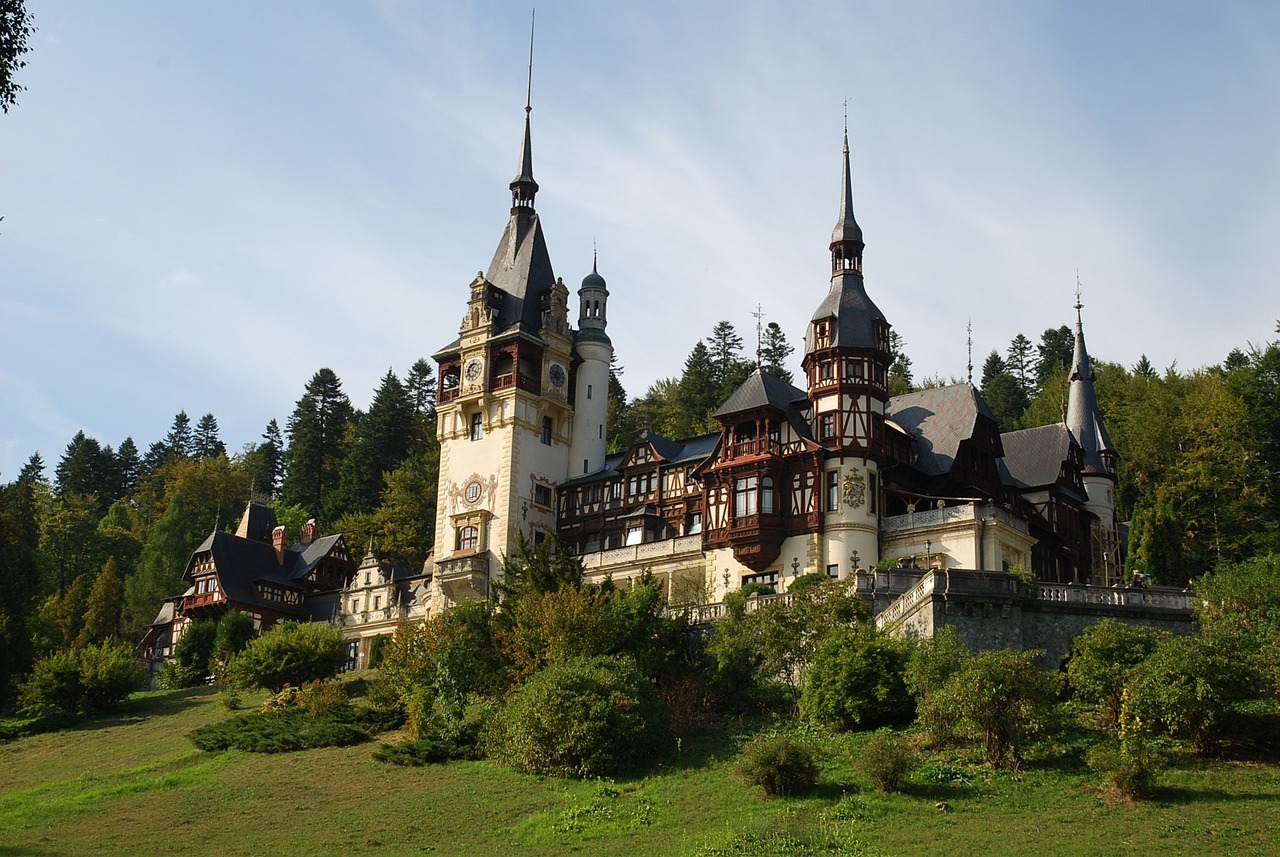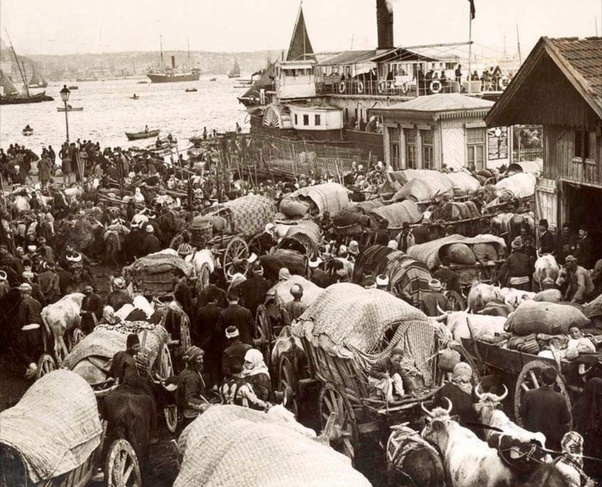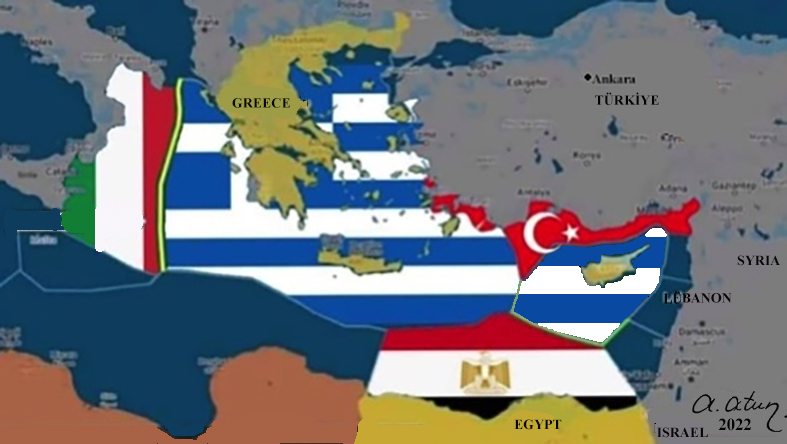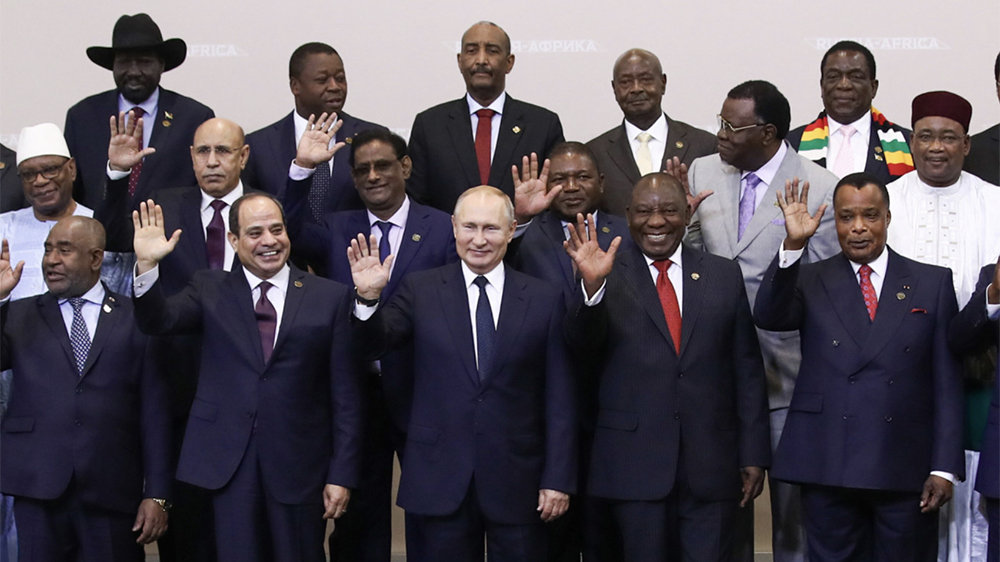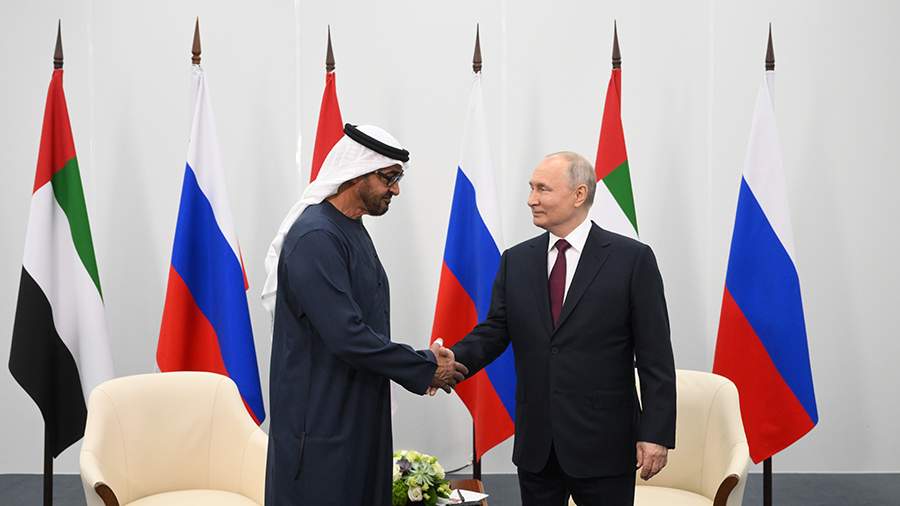Yes, Romania was part of the Ottoman Empire for a significant portion of its history. The region that is now Romania was under Ottoman rule for several centuries, starting in the late 14th century and lasting until the 19th century.
The Ottoman Empire began to expand into the Balkans in the late 14th century, and by the early 15th century, it had established control over various territories in what is now Romania. Wallachia and Moldavia, two of the three historical regions that make up modern Romania (the third being Transylvania), came under Ottoman suzerainty, meaning they had to pay tribute to the Ottoman Empire and were subject to Ottoman influence.
While Wallachia and Moldavia were technically under Ottoman control, they also retained a degree of autonomy and had their own local rulers (voivodes) who governed with a degree of independence, provided they paid tribute and maintained loyalty to the Ottoman Sultan.
Transylvania, on the other hand, was not directly ruled by the Ottomans but was often caught in the struggle for influence between the Ottoman Empire and the Habsburg Monarchy.
Although Romanians will deny this information saying that they were never Ottoman citizens and they had their own citizenship even before their independence, their claim was not recognized by the Ottoman Empire and neither by any state as a matter of fact.
During the XIXth century, when modern diplomacy did not recognize any relationship of vassality and suzeranity between states as in the Middle Ages, Moldavians and Wallachians were considered as special subjects (citizens) of the Ottoman Empire. As far as international and Ottoman law was concerned, this means that they had Ottoman citizenship and the Ottoman Law of citizenship of 1869 applied to them. Any child born from a Moldavian or Wallachian father and mother or just from the father was by jus sangvinis also considered an Ottoman citizen and was issued an Ottoman passport. Any foreigner naturalized on Moldavian or Wallachian soil also became Ottoman citizen. All this till Romania gained its independence in 1878.
When a Romanian was traveling within the Ottoman Empire outside of the provinces of Moldavia and Wallachia, in their own minds they were a foreigner, but as far as Ottoman authorities were concerned, they were an Ottoman national travelling in their own country, even if they were in Constantinople, Damascus or Tunis. Romanians also like to call their country before their independence as United Principalities but again, they had no international status as “principalities” and officially they were just provinces (memalik-i mahruse) of the Ottoman Empire.

